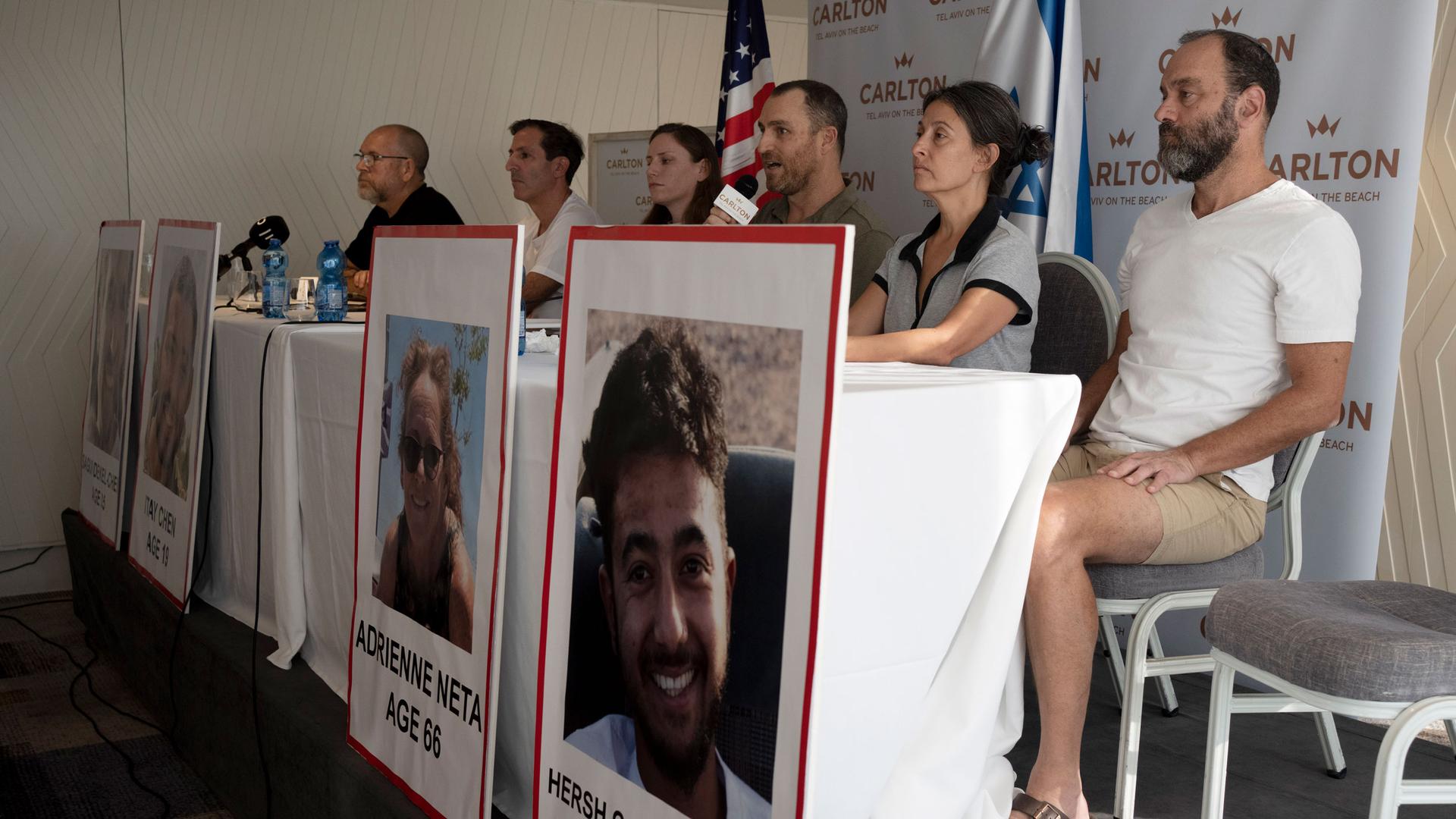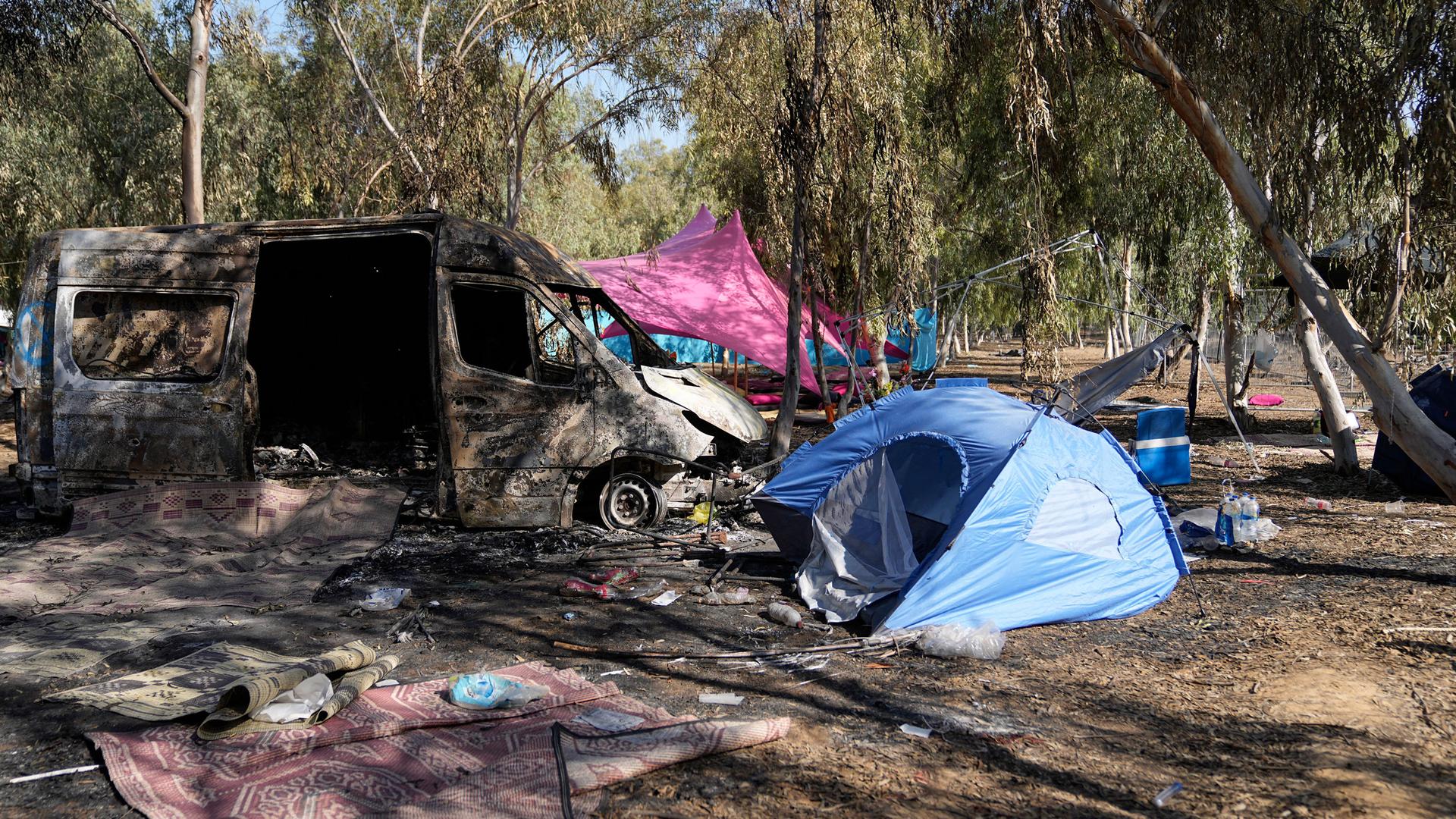Aaron Schachter
Assignment Editor
Aaron was The World's Middle East correspondent for eight years. He now assigns and edits reporters around the world.
Aaron Schachter works with reporters to craft their stories for radio. Schachter’s own experience as a field correspondent included Middle East reporting for The World for eight years. He covered the second Palestinian Intifada, reporting extensively from Israel, the West Bank and Gaza. Schachter had the good timing to be in Iraq when the Hussein family was caught – Uday and Qusay during summer 2003, and father Saddam that December. He’s also reported stories from throughout Iraq, Egypt, Syria, Lebanon, Jordan, Turkey, Iran and Afghanistan.His stories have won awards from the duPont-Columbia School of Journalism and the Scripps-Howard Institute. Schachter also fills in as host of the program. Before joining The World, Schachter worked in Los Angeles as editor, reporter, and host of the Marketplace Morning Report, and as a reporter for the Los Angeles bureau of National Public Radio. Schachter has served as a reporter and anchor at Colorado public radio in Denver, WBUR in Boston and WFCR, New England Public Radio, in Amherst, MA. When not chained to his desk or being the perfect father to his two boys, Schachter enjoys attempting to mountain bike, hike, back-country ski and other hard guy activities he has no business participating in.
‘We need to tell the story’: Parents of an Israeli hostage in Gaza grapple with uncertainty
Hamas took over 250 hostages from Israel on Oct. 7, including 23-year-old Hersh Goldberg-Polin. His parents, Rachel Goldberg and Jon Polin, have become high-profile advocates for bringing Israeli hostages home from Gaza. We hear from Hersh’s parents in an interview with “Israel Story,” a radio show and podcast in Tel Aviv.
Subscribe to The World’s Latest Edition podcast for free using your favorite podcast player:


